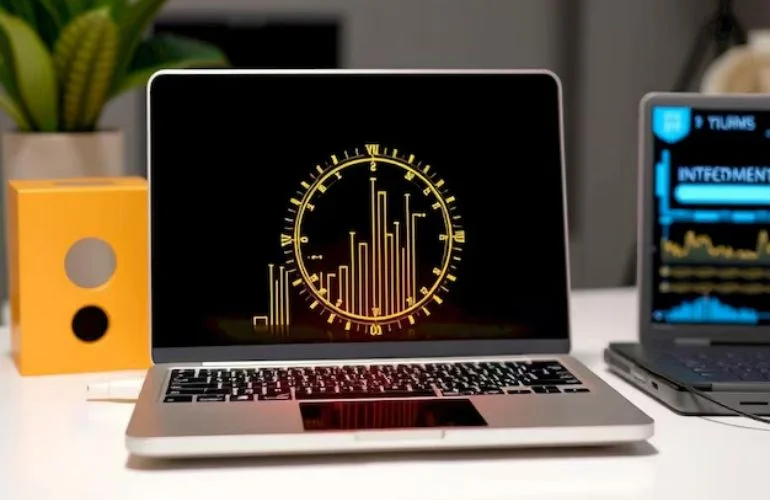Blockchain for accounting is a new and exciting technology that’s changing the way businesses manage their financial records. But what exactly is blockchain, and how does it help in accounting? In this blog post, we’ll explore these questions, discuss the benefits of block-chain for accounting, and see why this technology is making waves in the financial world.
What is Blockchain?
Before diving into blockchain for accounting, it’s important to understand what blockchain is. Blockchain is a digital ledger that records transactions across many computers in a way that makes it difficult to alter. Each block in the chain contains a list of transactions, and once a block is added, it can’t be changed without altering all subsequent blocks. This makes blockchain a secure and transparent way to store data.
Are you interested to know about how to recover stolen Cryptocurrency?
Benefits of Blockchain for Accounting
Enhanced Transparency
One of the biggest advantages of using blockchain for accounting is the enhanced transparency it offers. Because all transactions are recorded in a public ledger, anyone can see them. This makes it harder for people to manipulate financial records or engage in fraudulent activities.
Improved Security
Blockchain technology is known for its strong security features. Transactions are encrypted, and each block is linked to the one before it, creating a chain that’s hard to break. This means that the data stored on a blockchain is much more secure compared to traditional accounting methods.
Cost Reduction
Using blockchain for accounting can also help businesses save money. By automating processes like transaction recording and reconciliation, blockchain reduces the need for manual labor. This not only cuts costs but also minimizes errors, which can be expensive to fix.

Faster Audits
Auditing financial records can be a time-consuming process. However, blockchain makes it easier and faster for auditors to verify transactions. Because the data is stored in a secure and transparent manner, auditors can quickly access the information they need.
Better Compliance
With blockchain, businesses can ensure they are compliant with regulations. The technology provides a clear and tamper-proof record of all transactions, making it easier to meet legal and regulatory requirements.
How Blockchain is Used in Accounting
Smart Contracts
Smart contracts are self-executing contracts with the terms directly written into code. They automatically execute transactions when conditions are met, which can streamline processes like invoicing and payment in accounting.
Real-Time Reporting
Blockchain enables real-time reporting by providing up-to-date information on financial transactions. This allows businesses to make informed decisions quickly, improving overall efficiency.
Asset Management
Tracking assets, like inventory or property, is easier with blockchain. It provides a clear record of ownership and transactions, which helps in asset management and reduces the risk of loss or theft.

FAQs About Blockchain for Accounting
What is blockchain in simple terms?
Blockchain is like a digital notebook where transactions are written down and shared across many computers. Once something is written, it can’t be easily changed, making it secure and reliable.
How does blockchain improve security in accounting?
Blockchain uses encryption and a system where each transaction is linked to the one before it. This makes it very difficult for someone to tamper with the records, ensuring the data is secure.
Can blockchain be used for all types of businesses?
Yes, blockchain can be used by businesses of all sizes and types. From small startups to large corporations, everyone can benefit from the security and transparency that blockchain offers.
Are there any downsides to using blockchain in accounting?
While blockchain offers many benefits, it can be complex to implement and may require significant investment in technology and training.
What are smart contracts?
Smart contracts are agreements that automatically execute when certain conditions are met. They are used in blockchain to streamline processes like payments and compliance.
Conclusion
In conclusion, blockchain for accounting is revolutionizing the way financial records are kept. It offers enhanced transparency, improved security, and cost savings, making it an attractive option for businesses looking to modernize their accounting practices. As technology continues to evolve, we can expect blockchain to play an even bigger role in the future of accounting.
For more information on how blockchain can be used in accounting, you can check out Investopedia and Harvard Business Review.
By embracing blockchain for accounting, businesses can enjoy a more secure, transparent, and efficient way to manage their financial records. Whether you’re a small business owner or a large corporation, it’s worth exploring how this innovative technology can benefit your organization.











